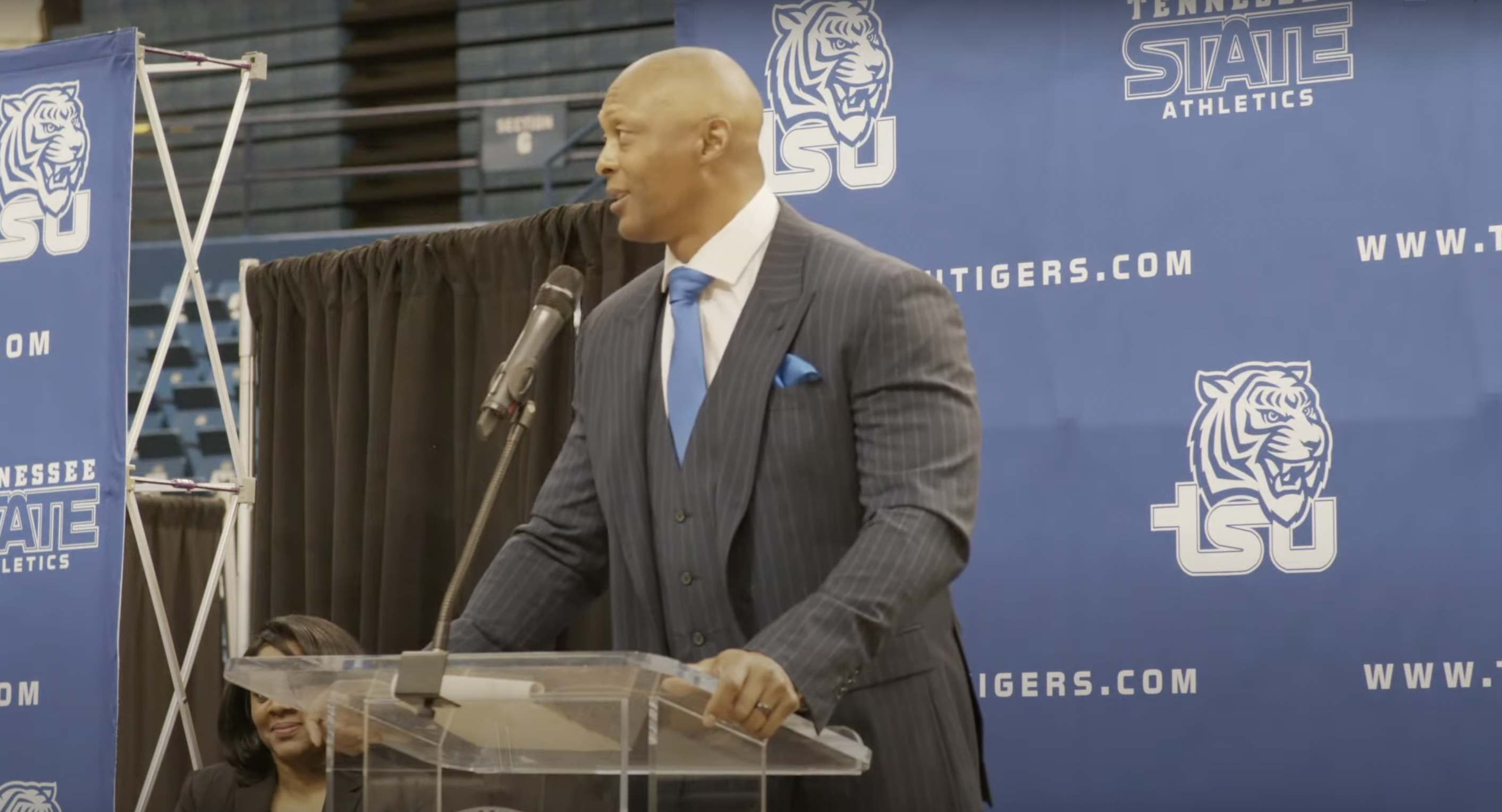NASHVILLE – Like thousands of Nashville homeowners, Metro Government plans to refinance debt in order to take advantage of historically low interest rates to save taxpayers millions through two strategic refinancing actions.
Refinancing Some of Nashville’s Existing Bond Debt
Metro Finance and the Mayor’s Office on Friday will file a Metro Council resolution to authorize the refinancing of $629 million in general obligation bonds. The move comes after Tennessee’s Comptroller approved Cooper’s strategic refinancing plan earlier this week.
With interest rates on municipal bonds at historic lows, this refinancing is projected to save Davidson County taxpayers more than $44.5 million over the next two decades.
“Hardworking Nashville families have to manage their budgets responsibly, and we must do the same thing in Metro government,” Mayor Cooper said. “Just as any resident would look for the best available terms on a mortgage or car loan, my job is to make sure Nashville’s taxpayers get the best deal possible.”
Debt service costs have become a larger share of Metro’s overall operating budget in recent years. The savings generated by this refinancing will allow Metro Government to prioritize other city needs, such as schools and emergency response, and create opportunity for neighborhood infrastructure investment.
Refinancing Nashville’s Short-Term Commercial Paper Debt to Long-Term, Low-Interest Bonds
Metro Finance and Mayor Cooper’s Office will also file a second resolution on Friday to authorize the refinancing of $650 million of commercial paper (short-term debt) into long-term, low-interest general obligation bonds.
This transaction is necessary because, without it, Nashville would likely hit its $700 million cap on commercial paper by early 2021. With restored access to commercial paper, Metro Government regains the flexibility to resume previously authorized capital spending.
This will ensure current projects – like non-emergency repairs to sidewalks and roads, as well as planned projects for schools, libraries, bikeways, community centers and other infrastructure – can move forward, and on historically favorable terms.
Non-essential capital spending was first frozen in the spring, along with other operating spending reductions, in response to the impact of the global COVID-19 pandemic on Metro’s revenues. The freeze will remain essentially in place until both refinancing, one of commercial paper and one of currently-issued general obligation bonds, are complete.
Next Steps: Transportation Investments and Neighborhood Improvements
In early 2021, Mayor Cooper will bring forward Nashville’s next annual capital spending plan to address deferred maintenance needs, an initial round of projects included in Metro Nashville’s Transportation Plan and other high-priority infrastructure investments.
Cooper’s latest actions reinforce his commitment to strong fiscal management for Nashville’s future success.
After inheriting an unbalanced budget, Mayor Cooper filed a Corrective Action Plan with the state and took immediate steps to prevent state supervision of city finances by finding $41.5 million in new revenue and savings.
When the COVID-19 pandemic struck Nashville, dealing a $70 million blow to Metro’s FY20 revenues, Mayor Cooper’s administration was successful in saving approximately the same amount by implementing operating spending reductions.
Actions such as these have led independent ratings agencies Moody’s and S&P to improve Metro’s financial outlook from negative to stable.









